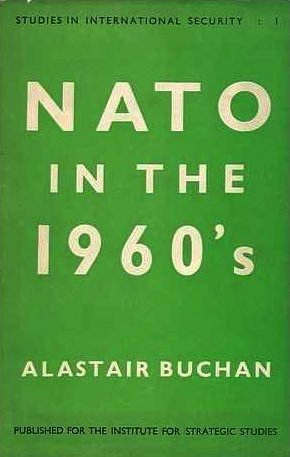
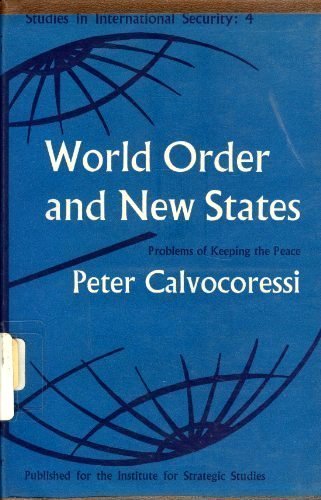
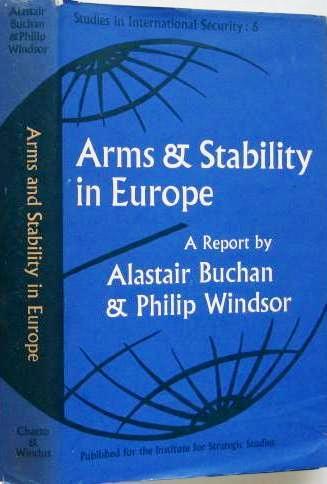
Books in series

NATO in the 1960s
1960
The Control Of The Arms Race
Disarmament And Arms Control In The Missile Age
1961
Men In Uniform
Military Manpower in Modern Industrial Societies
1961

World Order and New States
Problems of Keeping the Peace
1962
The Spread of Nuclear Weapons.
1976

Arms & Stability in Europe
1963
Strategic Mobility
1963
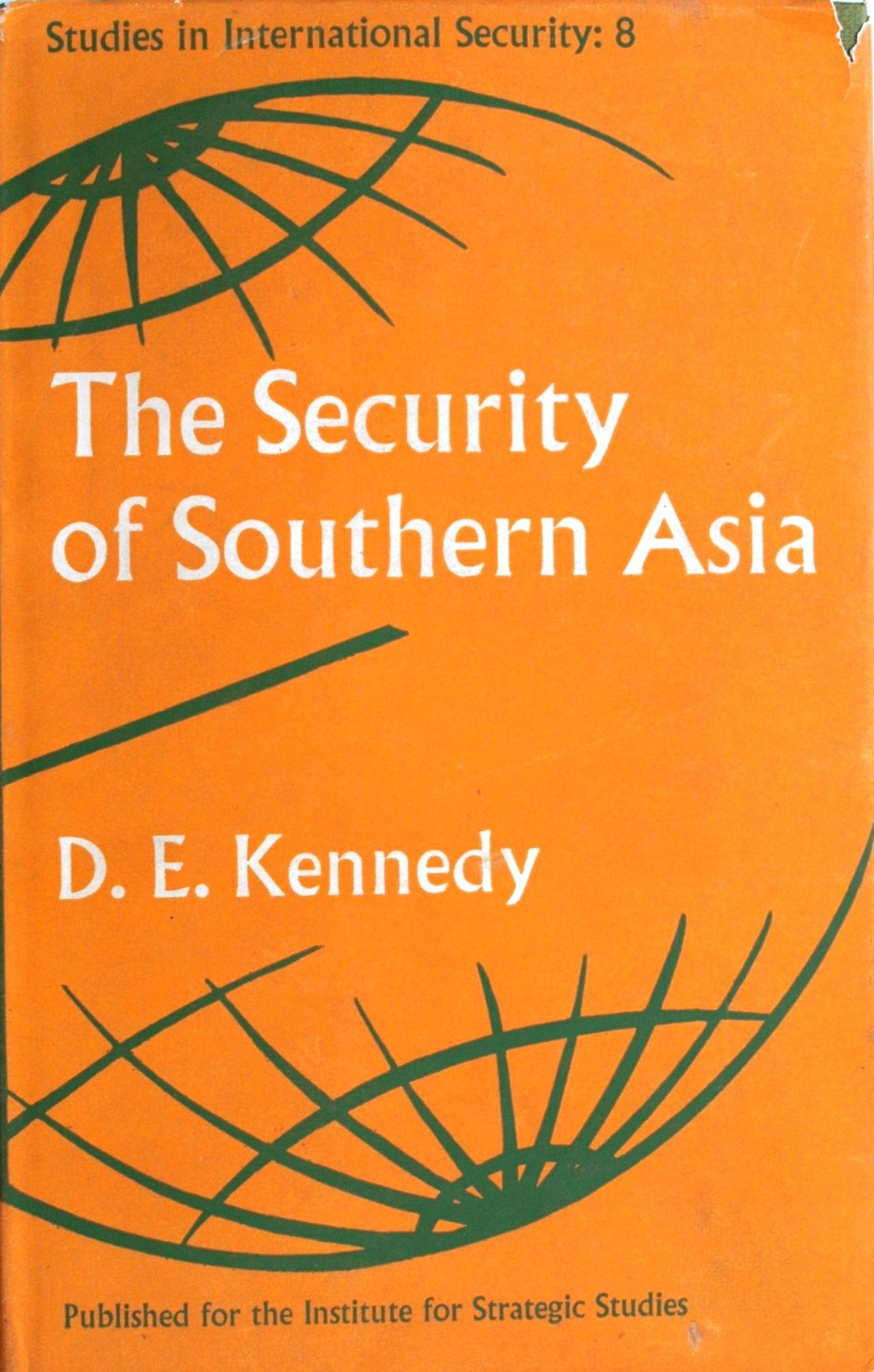
The Security of Southern Asia
1965
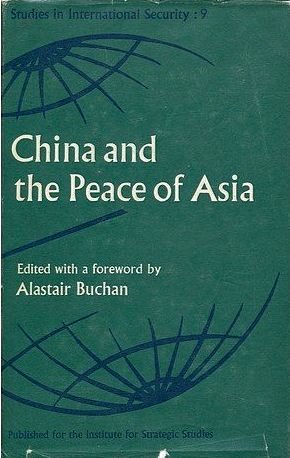
China and the Peace of Asia
1965
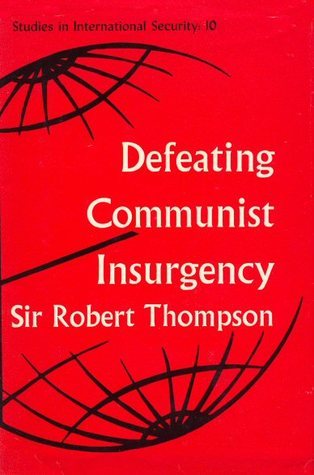
Defeating Communist Insurgency
1966
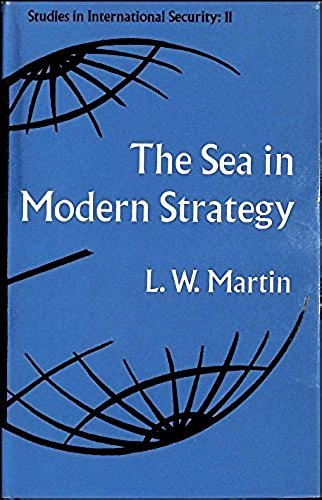
The Sea in Modern Strategy
1967
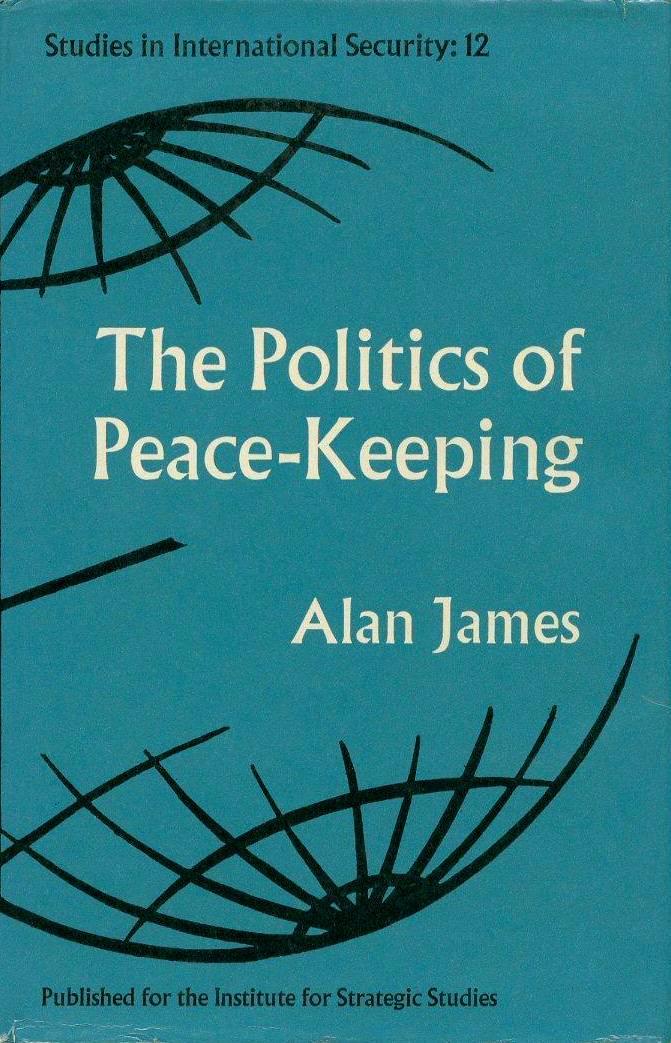
The Politics of Peace-Keeping
1969
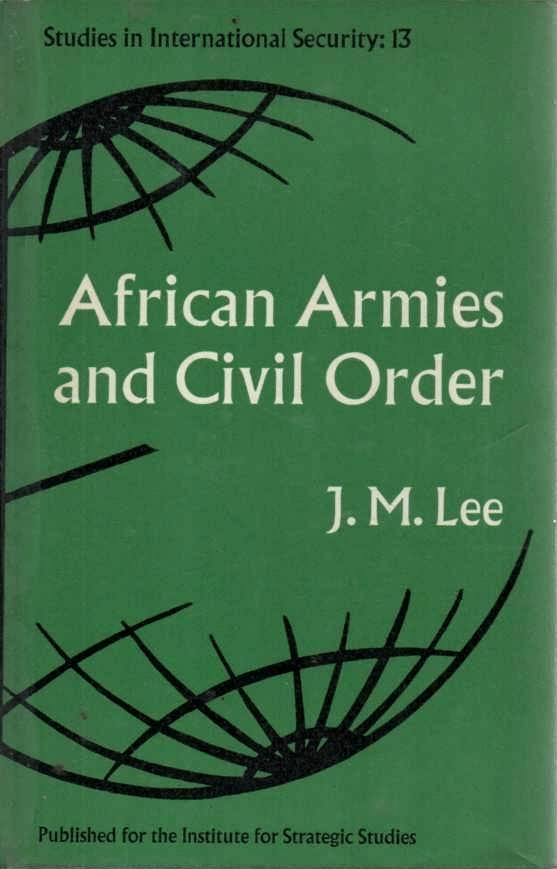
African Armies and Civil Order
1969
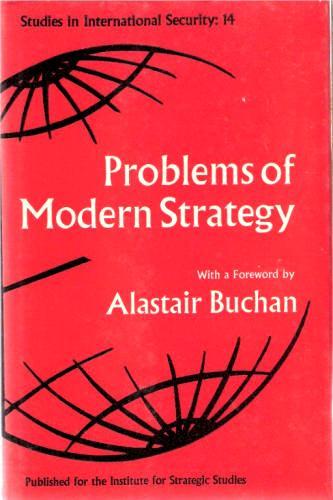
Problems of Modern Strategy
1970
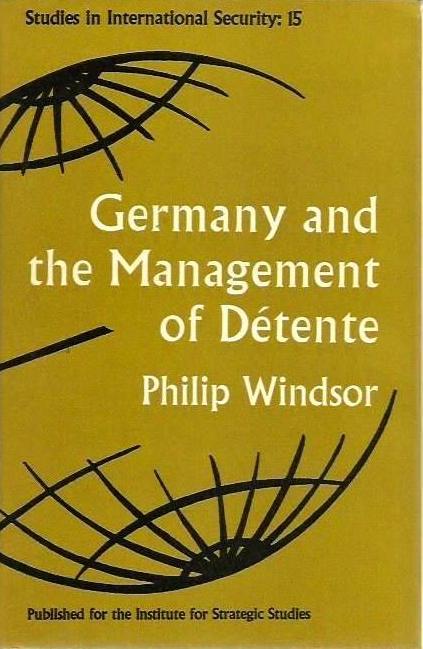
Germany and the Management of Détente
1971
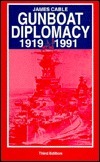
Gunboat Diplomacy 1919-1991
Political Applications of Limited Naval Force
1971
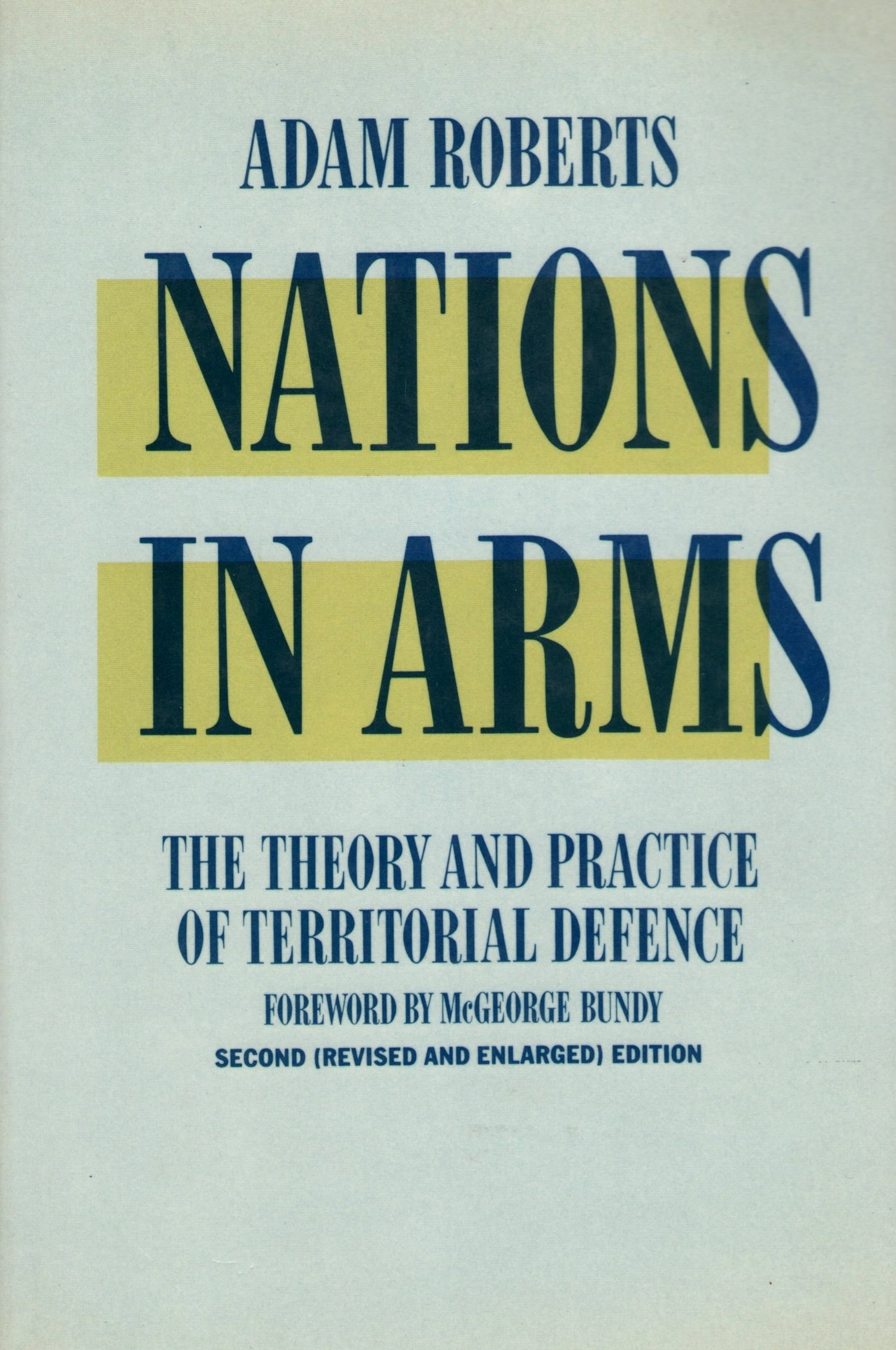
Nations In Arms
The Theory And Practice Of Territorial Defence
1976
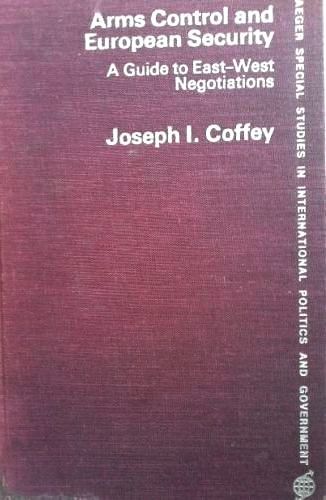
Arms control and European security
A guide to East-West negotiations
1977
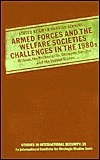
Armed Forces and the Welfare Societies, Challenges in the 1980s
Britain, The Netherlands, Germany, Sweden, and the United States
1983
Authors
Sir Adam Roberts Librarian Note: There is more than one author in the GoodReads database with this name. See this thread for more information.
Librarian Note: There is more than one author in the Goodreads database with this name. John Michael Lee was educated at Christ Church Oxford. From 1958 to 1967 he was Lecturer and Senior Lecturer in government at Manchester University. Lee went on an academic secondment to HM Treasury 1967-1969. He was Senior Lecturer at the Institute of Commonwealth Studies 1969-1972, and Reader in Politics at Birkbeck College 1972-1981. He was Dean of the Faculty of Social Sciences at the University of Bristol 1987-1990 (Professor of Politics 1981-1992 and Emeritus Professor 1992). From 1993 to 1995 Lee was a Visiting Fellow for the Centre for International Studies at the London School of Economics and Political Science.

Hedley Bull, FBA was Professor of International Relations at the Australian National University, the London School of Economics and the University of Oxford until his death from cancer in 1985. He was Montague Burton Professor of International Relations at Oxford from 1977 to 1985, and died there. Bull was born in Sydney, Australia, where he attended Fort Street High School. He went on to study history and philosophy at the University of Sydney, where he was strongly influenced by the philosopher John Anderson. In 1953, Bull left Australia to study politics at Oxford, and after two years he was appointed to an assistant lectureship in international relations at the London School of Economics and Political Science (LSE). In 1965, Bull was appointed director of the Arms Control and Disarmament Unit of the British Foreign Office. Two years later, in 1967, he was appointed to a professorship of international relations at the Australian National University in Canberra. In 1977, Bull published his main work, The Anarchical Society. It is widely regarded as a key textbook in the field of international relations and is also seen as the central text in the so-called 'English School' of international relations. In this book, he argues that despite the anarchical character of the international arena, it is characterised by the formation of not only a system of states, but a society of states. His requirements for an entity to be called a state are that it must claim sovereignty over (i) a group of people (ii) a defined territory, and that it must have a government. States form a system when they have a sufficient degree of interaction, and impact on each other's decisions, so as they "behave—at least in some measure—as parts of a whole." A system of states can exist without it also being a society of states. A society of states comes into existence "when a group of states, conscious of certain common interests and common values, form a society in the sense that they conceive themselves to be bound by a common set of rules in their relations with one another, and share in the working of common institutions." The society of states is a way for Bull to analyse and assess possibilities of order in world politics. He continues his argument by giving the concept of order in social life, and the mechanisms of: the balance of power, international law, diplomacy, war and the great powers central roles. He finally concludes that, despite the existence of possible alternative forms of organization, the states system is our best chance of achieving order in world politics.
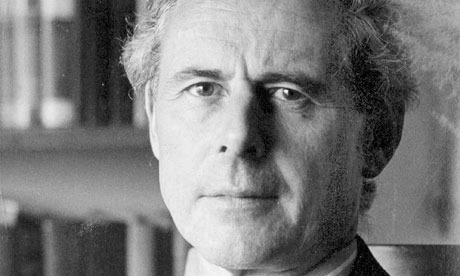
Michael Richard Daniell Foot, CBE, TD (14 December 1919 – 18 February 2012) — known as M. R. D. Foot—was a British military historian and former British Army intelligence officer and special operations operative during World War II. The son of a career soldier, Foot was educated at Winchester College and New College, Oxford, where he became involved romantically with Iris Murdoch. He joined the British Army on the outbreak of World War II and was commissioned into a Royal Engineers searchlight battalion. In 1941 searchlight units transferred to the Royal Artillery. By 1942, he was serving at Combined Operations Headquarters, but wanting to see action he joined the SAS as an intelligence officer and was parachuted into France after D-Day. He was for a time a prisoner of war, and was severely injured during one of his attempts to escape. For his service with the French Resistance he was twice mentioned in despatches and awarded the Croix de Guerre. He ended the war as a major. After the war he remained in the Territorial Army, transferring to the Intelligence Corps in 1950. After the war Foot taught at Oxford University for eight years before becoming Professor of Modern History at Manchester University. His experiences during the war gave him a lifelong interest in the European resistance movements, intelligence matters and the experiences of prisoners of war. This led him to become the official historian of SOE, with privileged access to its records, allowing him to write some of the first, and still definitive, accounts of its wartime work, especially in France. Even so, SOE in France took four years to get clearance. Foot left the Labour Party while his namesake Michael Foot—to whom he was very distantly related—was leading it, and joined the SDP (Social Democratic Party). Foot was the great-great-great-grandson of Benjamin Fayle who built Dorset's first railway, the Middlebere Plateway in 1806. Fayle was the great-great-grandson of William Edmunson, the First Irish Quaker. He was at one time married to the British philosopher Philippa Foot (née Bosanquet), the granddaughter of U.S. President Grover Cleveland. Foot's second was wife was Elizabeth King, with whom he had a son and a daughter. In 1972 Foot married Mirjam Romme. M.R.D. Foot was appointed a CBE in 2001. He also received the Territorial Decoration for Long Service in the Territorial Army. See also his obituaries at: 1) http://www.telegraph.co.uk/news/obitu... accessed 26 May 2012. 2) http://www.guardian.co.uk/world/2012/... accessed 26 May 2012.